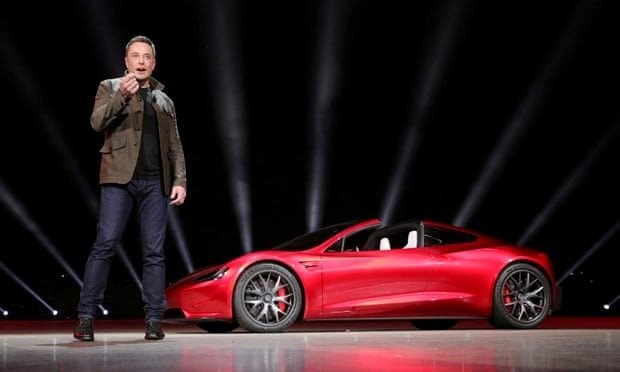Customer loyalty to the Tesla brand is a big issue for Elon Musk.
Tesla Faces Record Trade-Ins Amid Growing Public Backlash
Tesla has experienced an unprecedented surge in vehicle trade-ins, coinciding with mounting criticism directed at CEO Elon Musk for his political affiliations and policy stances.
Increase in Tesla Trade-Ins
According to data from Edmunds, Teslas from the 2017 model year and later accounted for 1.4% of all vehicles traded in as of mid-March, a significant increase from 0.4% in the same period the previous year. This upward trend follows a similar rise in February, where Teslas made up 1.2% of total trade-ins. Analysts predict that March could set a record for the highest number of Tesla vehicles exchanged for non-Tesla models.
Meanwhile, a survey conducted by Cars.com in March revealed that online searches for used Teslas had declined by 16% over the past month, while interest in other electric vehicles increased by 28%.
Public Discontent and Protests
Elon Musk’s political engagements, particularly his role in advising the U.S. administration on economic policies, have fueled criticism among some Tesla owners. Additionally, his perceived support of controversial political figures in Europe has led to a wave of opposition.
Social media has become a platform for protests, with numerous posts showing Tesla owners in both the United States and Europe distancing themselves from the brand. Some individuals have taken extreme actions, such as defacing Tesla showrooms and charging stations, and even setting fire to their vehicles in acts of protest.
Jessica Caldwell, director of analysis at Edmunds, noted that brand loyalty for Tesla is under increasing scrutiny. She cited concerns over vehicle depreciation, Musk’s political affiliations, and the growing prevalence of Tesla models in urban areas as reasons why some longtime customers are reconsidering their commitment to the brand.
Market Shifts and Competitive Landscape
As Tesla’s resale market continues to fluctuate, analysts anticipate further declines in used Tesla prices, particularly as newer models enter the market. This shift in consumer sentiment may provide opportunities for legacy automakers and emerging electric vehicle manufacturers to capture market share.
“With Tesla’s loyalty and appeal diminishing, competitors that offer competitive pricing, cutting-edge technology, or simply a more neutral public image may attract both former Tesla owners and first-time electric vehicle buyers,” Caldwell explained.
Broader Implications for Tesla
The company’s recent struggles extend beyond the U.S. market. Tesla’s global sales declined last year for the first time, and its stock has erased all gains recorded since the U.S. presidential election. Additionally, the brand faces increasing competition in China and weakening demand in Europe.
Some former Tesla owners have expressed their frustration publicly. Business consultant Fred McKinney, for example, recently traded in his 2018 Tesla Model 3 as a personal statement against Musk.
“I thought about putting an ‘I hate Musk’ sticker on it,” McKinney wrote in a LinkedIn post. “But it’s better to sell it. If you’re considering a new electric car, don’t buy a Tesla.”
As Tesla navigates these challenges, the company’s ability to retain customer loyalty and compete in an evolving electric vehicle market remains uncertain.

